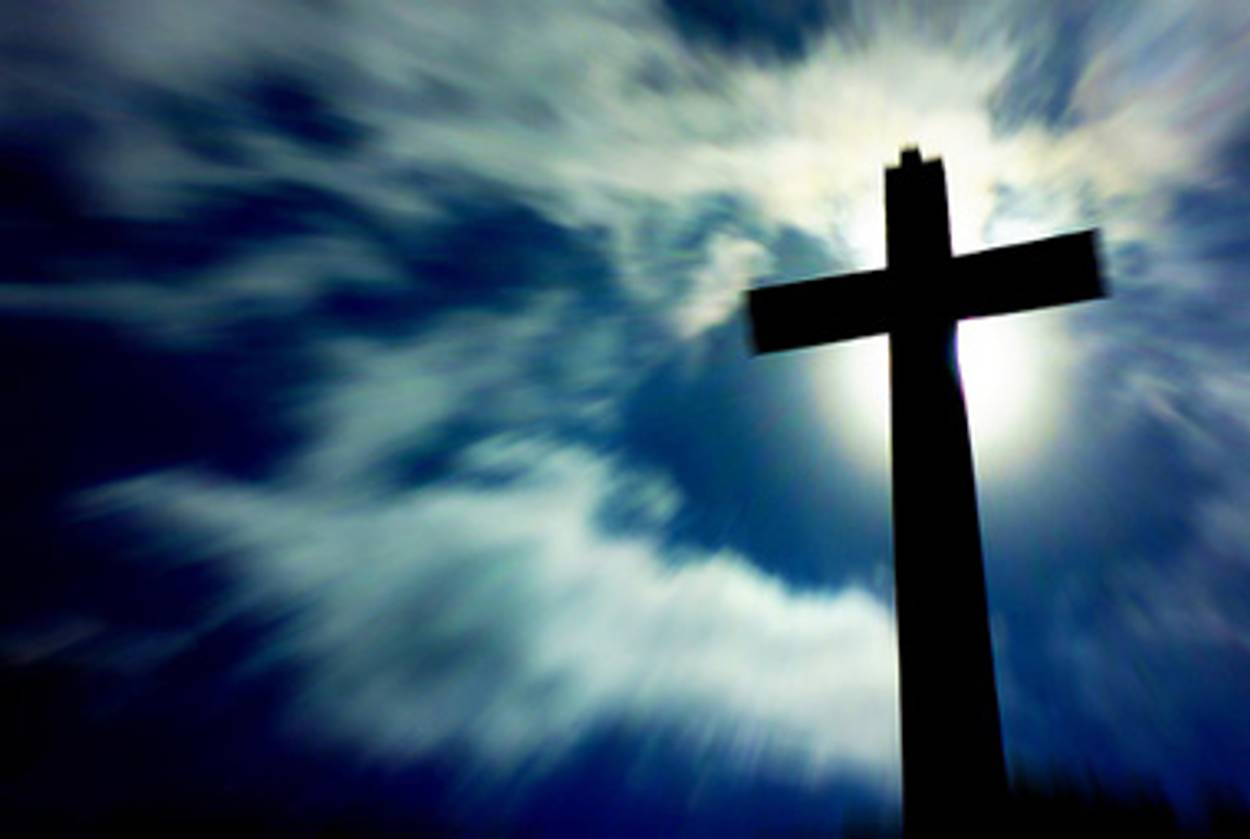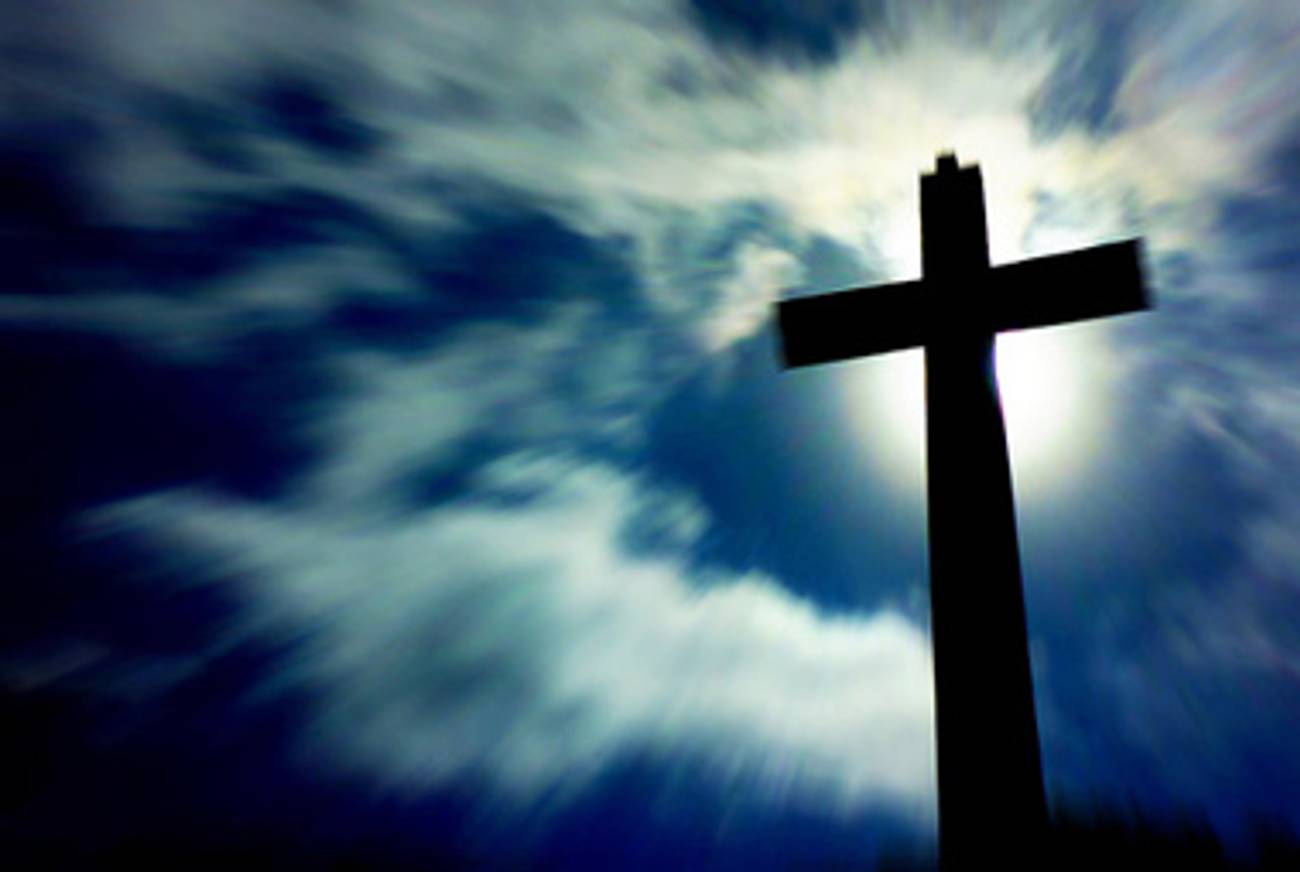Court’s Cross Decision Draws Criticism
Liberals, ADL concerned about symbol on public land




A U.S. Supreme Court decision yesterday regarding a cross on public land is quite technical and not immediately destined to have far-reaching impact. However, court liberals and the Anti-Defamation League said the plurality opinion, agreed to by the court’s conservative majority, is wrongly lax about the Constitutional clause mandating the separation of church and state.
The facts are these: The Veterans of Foreign Wars erected the cross as part of a World War I memorial in California’s federally-controlled Mojave National Preserve. In order to let the cross remain while also not violating the First Amendment’s ban on government endorsement of religion, the Interior Department traded the acre the cross stood on for five privately-owned acres nearby. The court ruled, 5-4 ruling, that the Department of Interior acted constitutionally—and cleverly!—in resolving its dilemma in this fashion.
Problem? Maybe. In a dissent, retiring liberal Justice John Paul Stevens made the case that the “affirmative act” of the land-transfer itself constituted a religion endorsement.
And the Anti-Defamation League also expressed concern. While observing that “the unique facts and the splintered, technical nature of the decision” makes it “not a case destined to have much impact on religious freedom,” Director Abraham Foxman pointed to a small part of the controlling decision, written by Justice Anthony Kennedy, which appears to argue that the cross contains extra-religious meaning, which in turn may insulate the federal government from First Amendment issues. “This claim”—that the cross is not (or not only) a religious symbol—”should be equally as offensive to Christians and non-Christians,” the ADL said.
Supreme Court Sides With Interior on Mojave Desert Cross [Greenwire/NYT]
Supreme Court Decision on Religious Monument ‘Disappointing’ [ADL]
Marc Tracy is a staff writer at The New Republic, and was previously a staff writer at Tablet. He tweets @marcatracy.